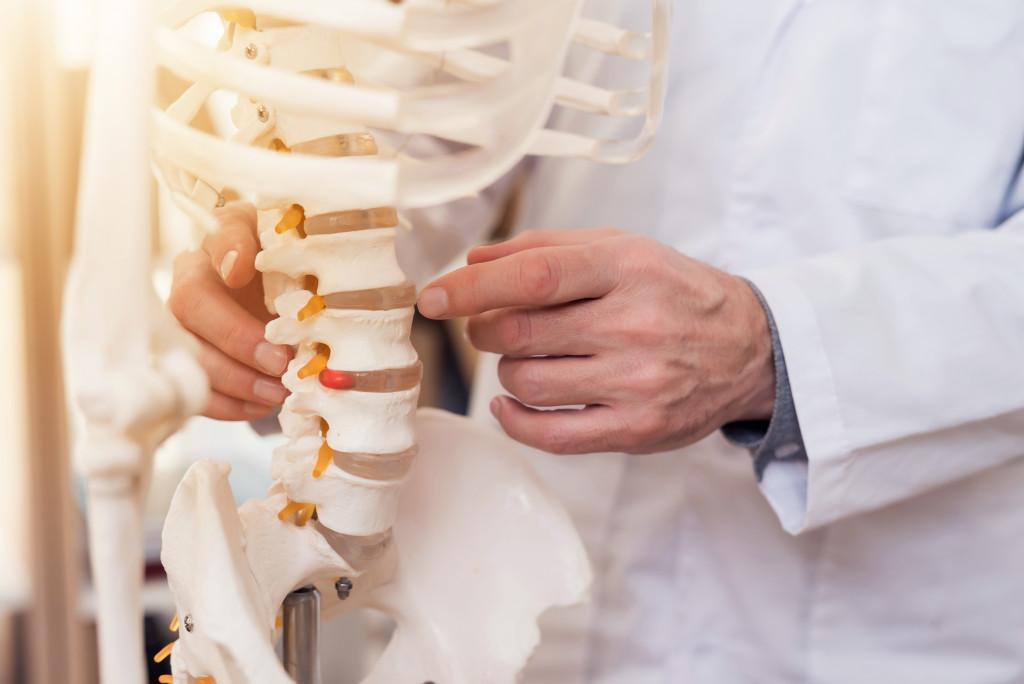Many people do their best to take care of their teeth. They go to the dentist for their dental or oral care services. The same goes for eye health, stomach health, and other aspects of our overall physical well-being. And it’s just right, after all, these are the facets that make us whole.
However, there’s something that many people often forget- perhaps because of how “unseen” it is.
We’re talking about bone health.
Our bones are a vital part of our body, that much is a fact. It’s the one primarily responsible for keeping our body upright, and it’s also directly responsible for our blood. But it’s one of the most commonly overlooked aspects of our health. This is unfortunate, since over 10 million people past the age of 50 have osteoporosis, and around 45 million suffer from bad bone health, making them at risk to develop osteoporosis or other bone-related diseases.
Let’s take a look at common myths surrounding bone health, and what you can do to improve yours.
Common Myths You Need to Stop Believing
Medicine and health are surrounded by a lot of unhelpful and sometimes dangerous beliefs that continuously get perpetrated because of the lack of information. Even if some people are fully well-meaning, their advice might do more harm than good. The following are some of the most common misconceptions that people need to understand.
Myth: You Just Have to Live With Bone Diseases
Truth: Illnesses related to the bone can either be congenital (meaning it’s genetic) or because of lifestyle. It’s important to visit an orthopedic doctor or any expert on scoliosis, osteoporosis, or any other bone doctor to find out how you can work around your limitations. Having a bone disease isn’t a death sentence. There are ways you can work around it, and it’s important to be aware of what they are.
Myth: You Can’t Lift Weights When Your Bones are Weak
Truth: Free-weight exercises have actually been found to lower fracture risks, as it strengthens the bones and improves balance. Weight-bearing exercises can increase bone density, while also strengthening the muscles around that bone that provide support to it.
Myth: Drugs and Medication is the Only Solution to Bone Problems
Truth: Medications are an essential aspect of bone-related therapy. Bisphosphonates, rank ligand inhibitors, and even hormone replacement are a few examples. But the reality is that recovery can’t just be achieved through drinking medicine. According to a 2018 article, nonpharmacological therapy and recovery include obtaining adequate vitamin D and calcium, avoiding alcohol and caffeine, stopping smoking, exercising often, and practicing fall prevention.
Myth: Bone Problems Can’t Be Detected unless a Fracture Happens
Truth: According to the International Osteoporosis Foundation, while osteoporosis and other bone diseases tend to be silent types of illnesses, there are certain warning signs, such as loss of height, curved, stooped, or hunched posture, and severe back pain with no obvious cause. If you’re feeling these types of pain, it’s best to see a doctor to get the correct diagnosis and the appropriate therapy.
What Causes Bad Bone Health?
At the end of the day, we still need to know what ultimately causes the deterioration of our skeletal system. There are a number of factors that decrease the strength of our bones, such as:
Not getting enough calcium. People often don’t consume enough calcium, which is needed for healthy bones. Good sources include dairy, dark green leafy vegetables, calcium-fortified orange juice, almonds, and beans. You may also want to talk to your doctor about a calcium supplement if you don’t consume enough calcium.
Excessive alcohol consumption. Alcohol can thin your blood, which can affect your bones. Women and men who drink more than five glasses of alcohol a day (one glass equals 14 grams of alcohol) have a higher risk of developing osteoporosis. It’s best to keep your alcohol consumption to a minimum.
Being older. Bone health can decrease at any age, although it is more frequently seen in people past the age of 50. Early detection and treatment can help in preventing bone fractures and long-term bone health maintenance.
Something to Think About
Just like other health aspects, bone health is something that we need to closely monitor and be proactive in. According to one research, up to 50% of persons who suffer a hip fracture have previously had an untreated fracture. Why is this why anyone above the age of 50 who broke a bone should be asking himself, “How did that happen?” Through this, we can analyze and identify patients who have underlying bone health issues to avoid fractures.


